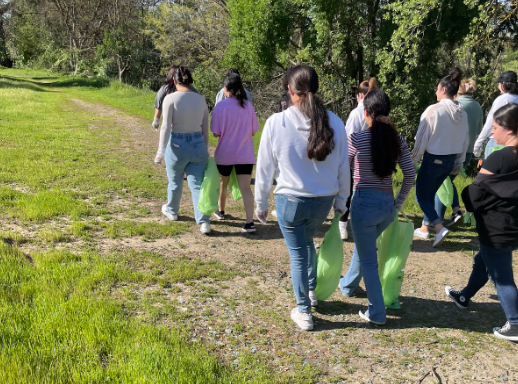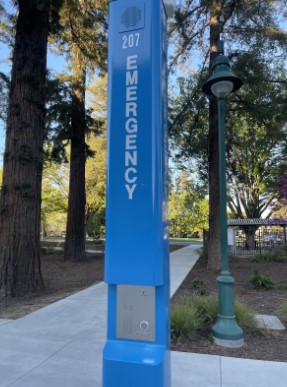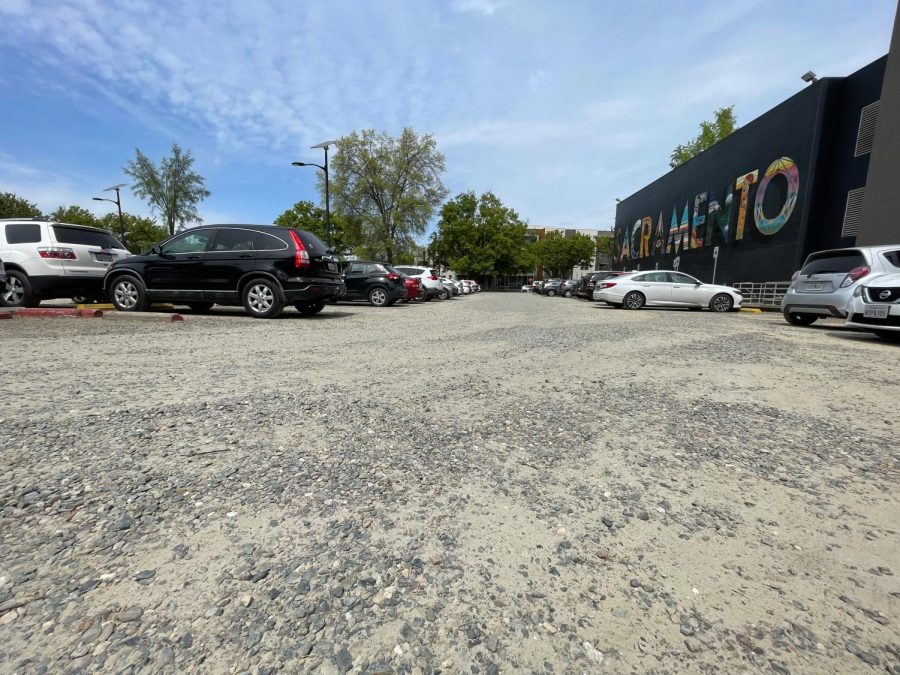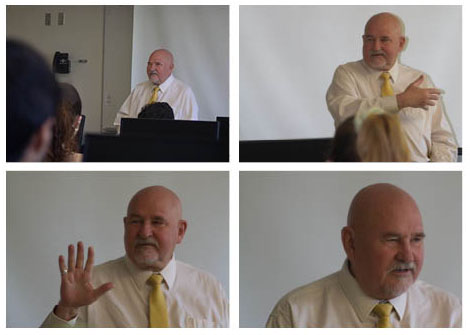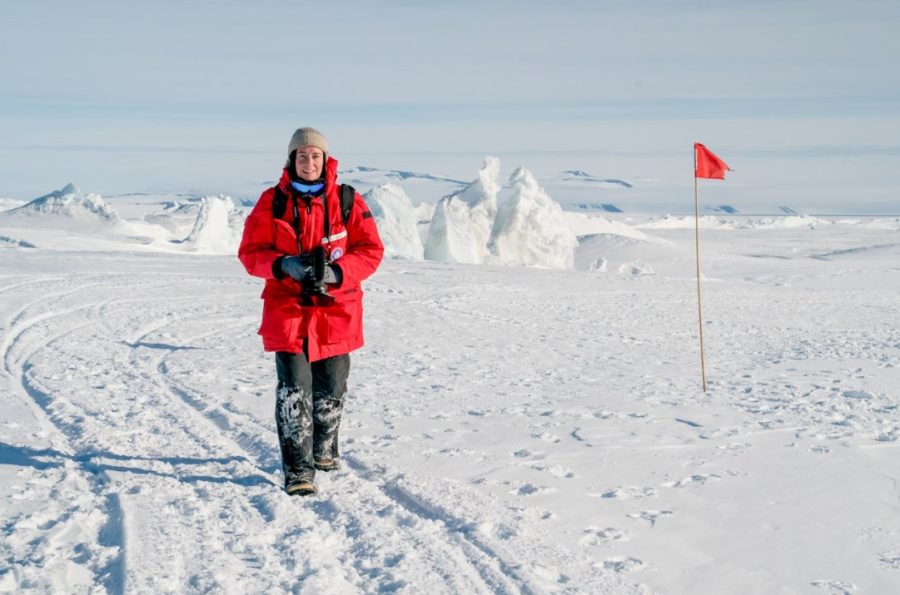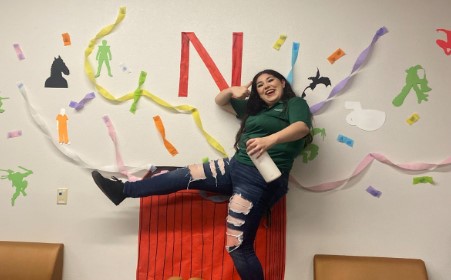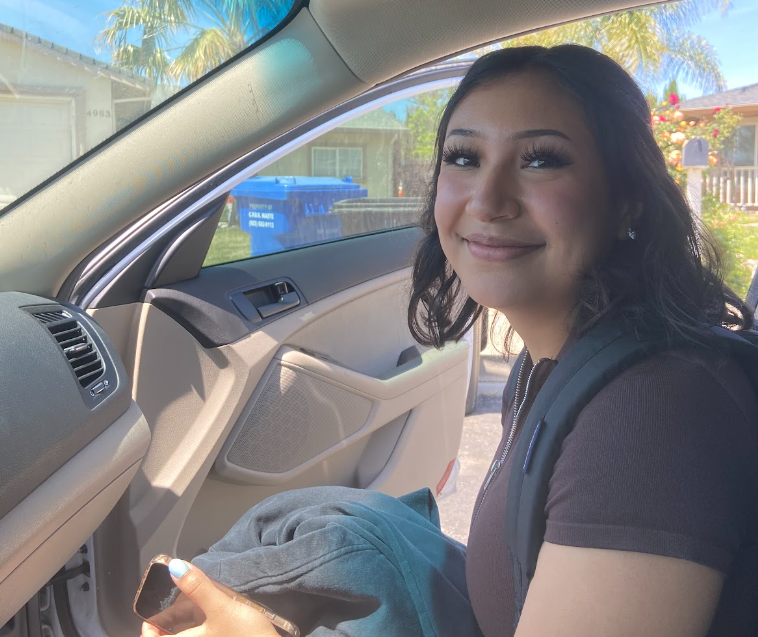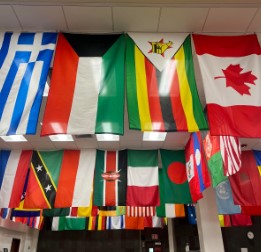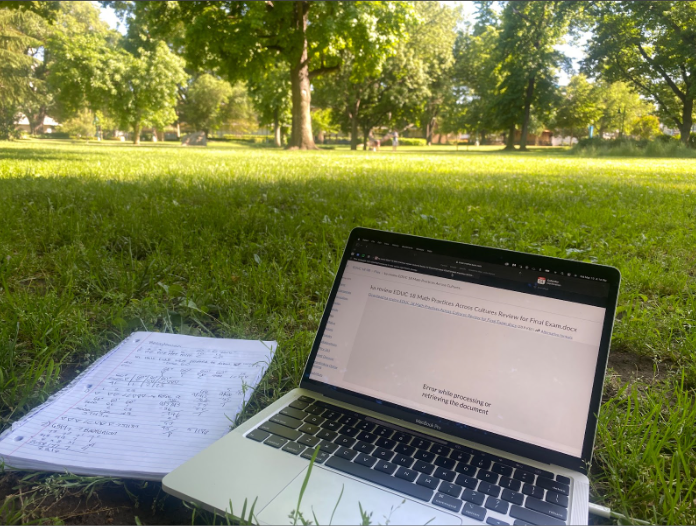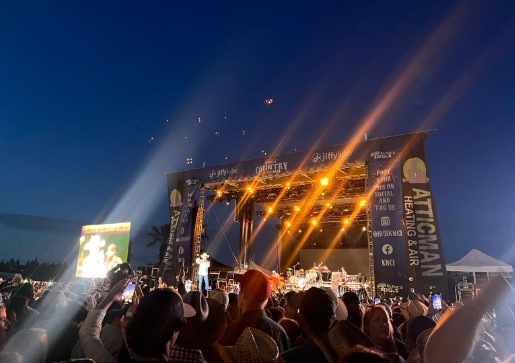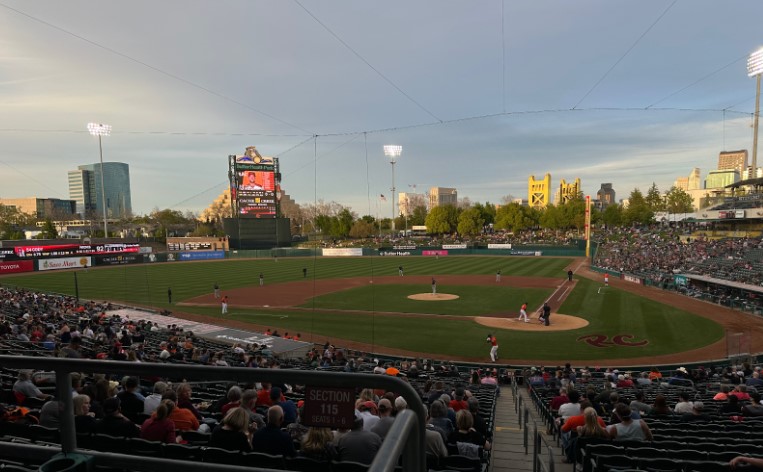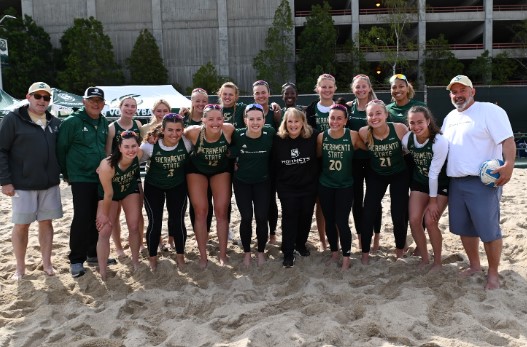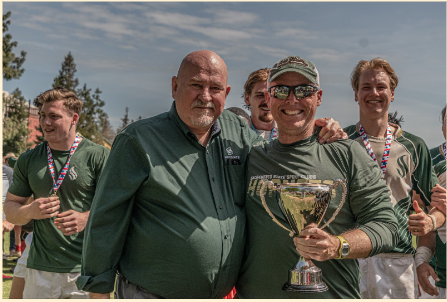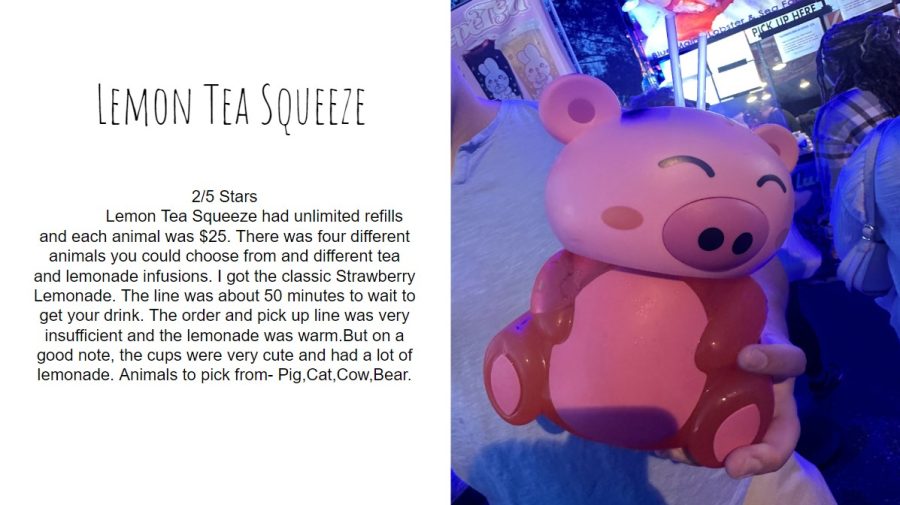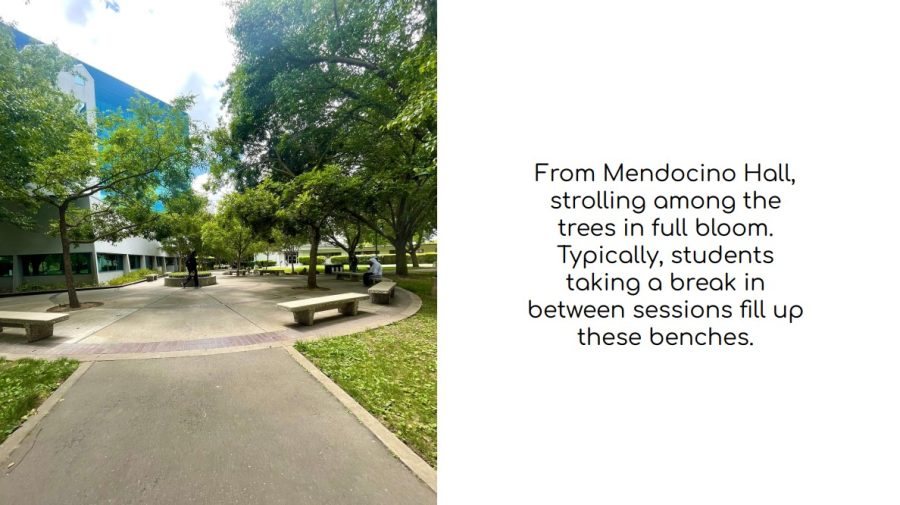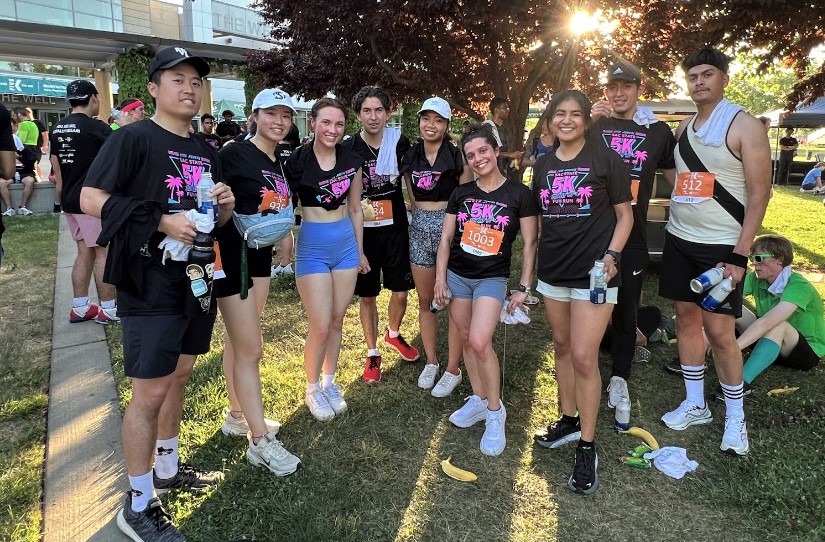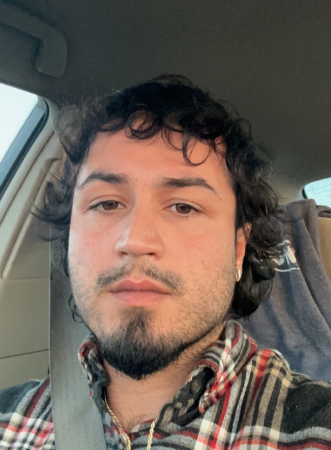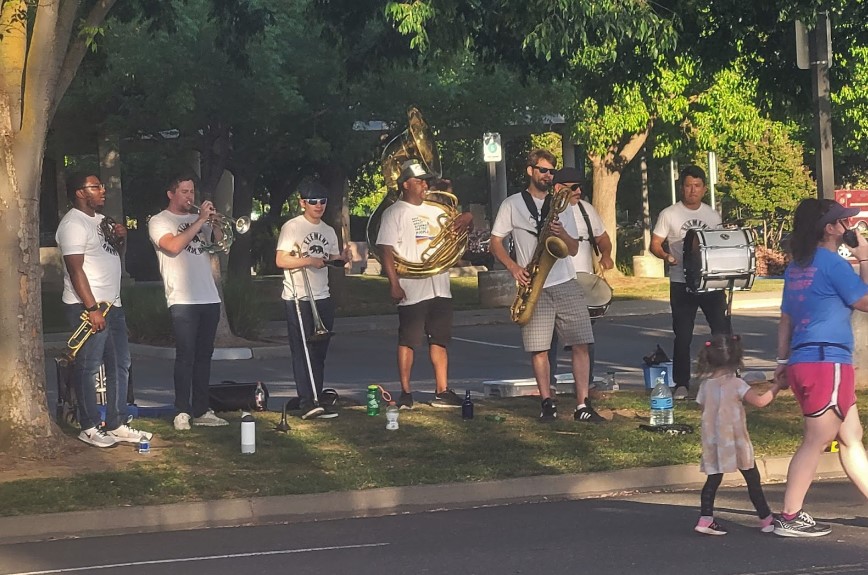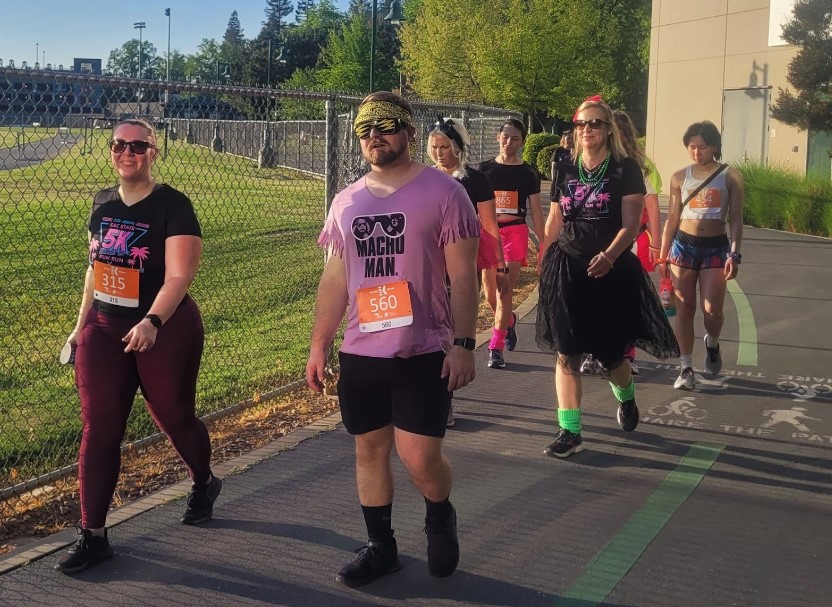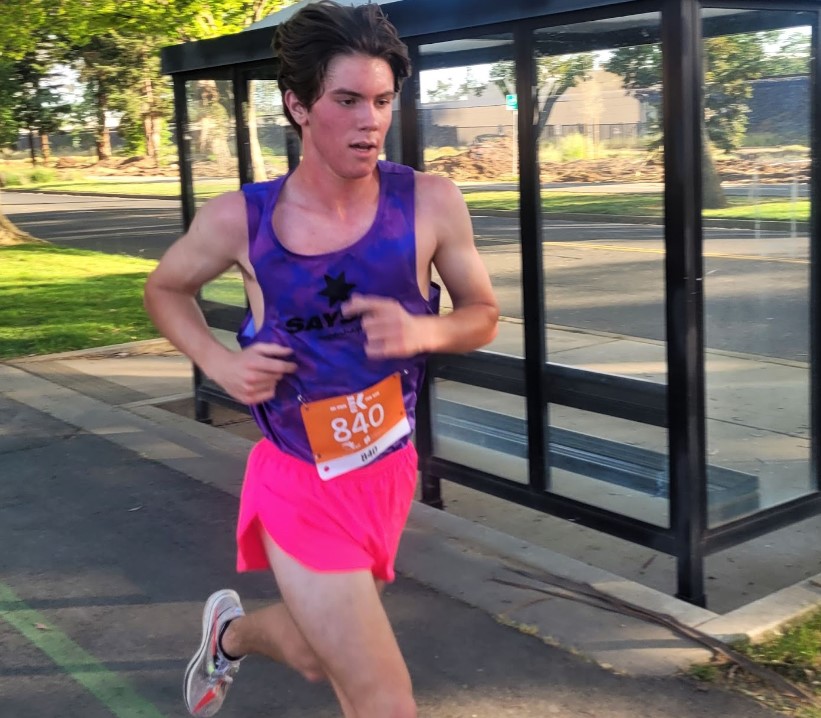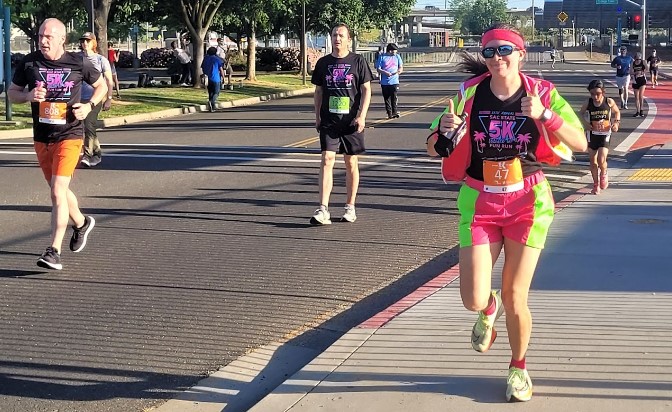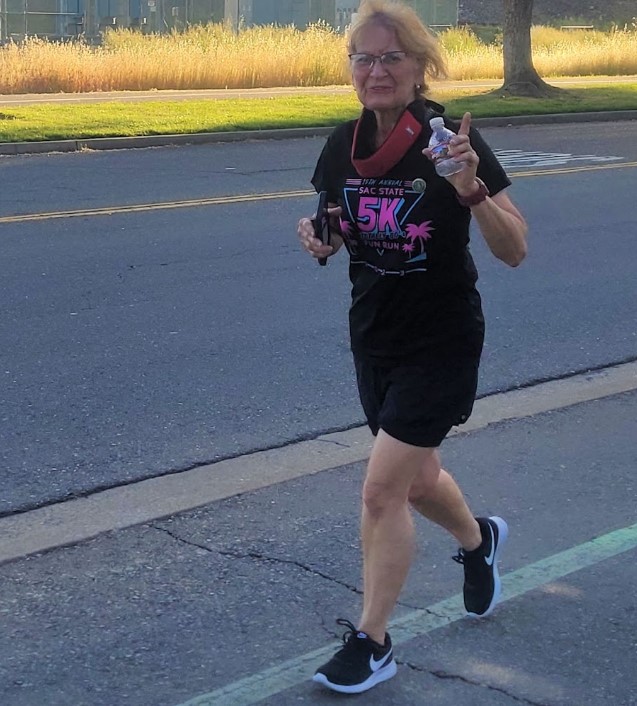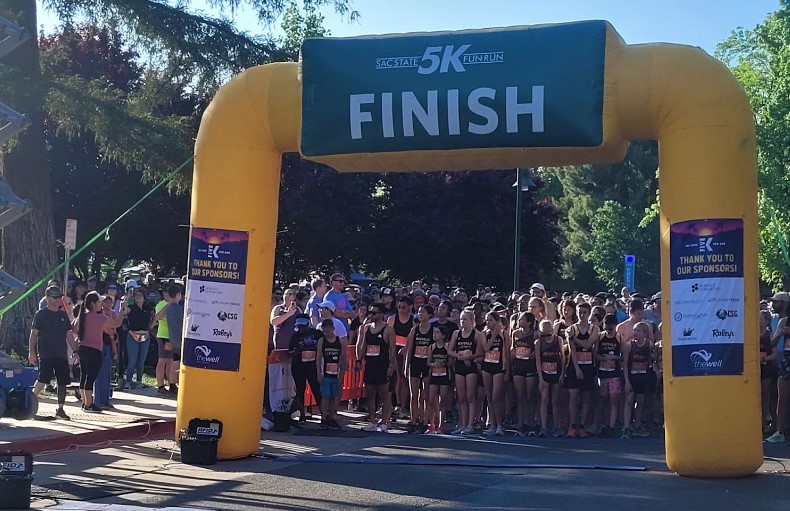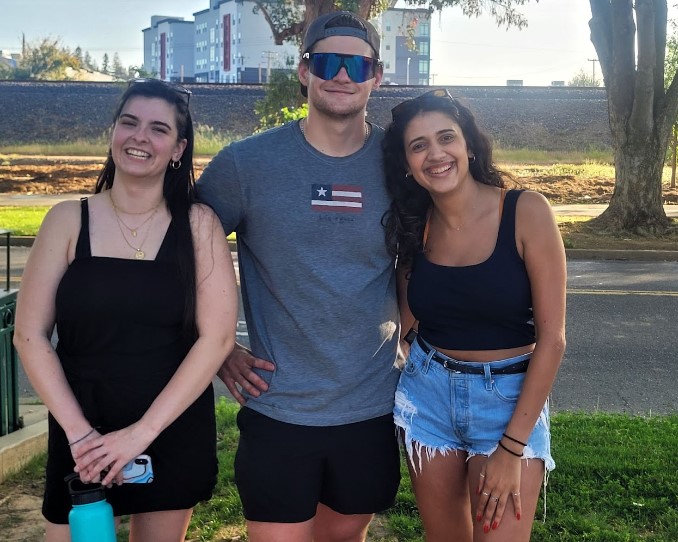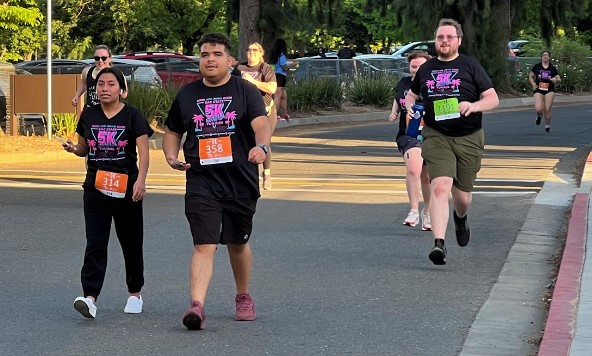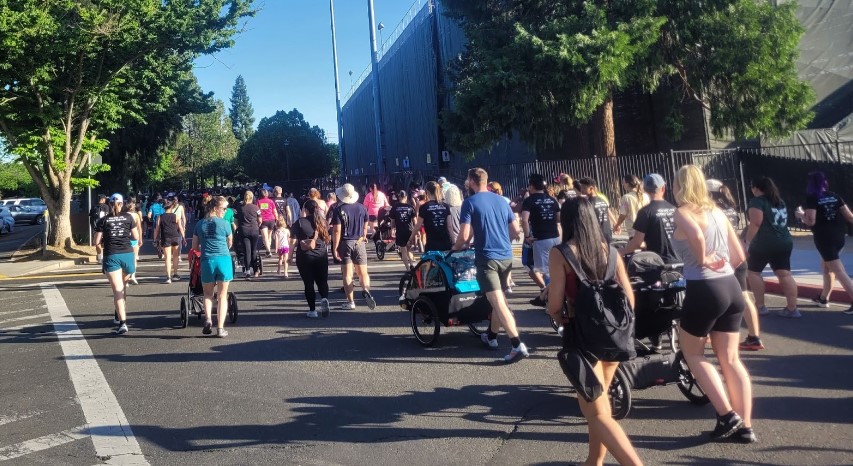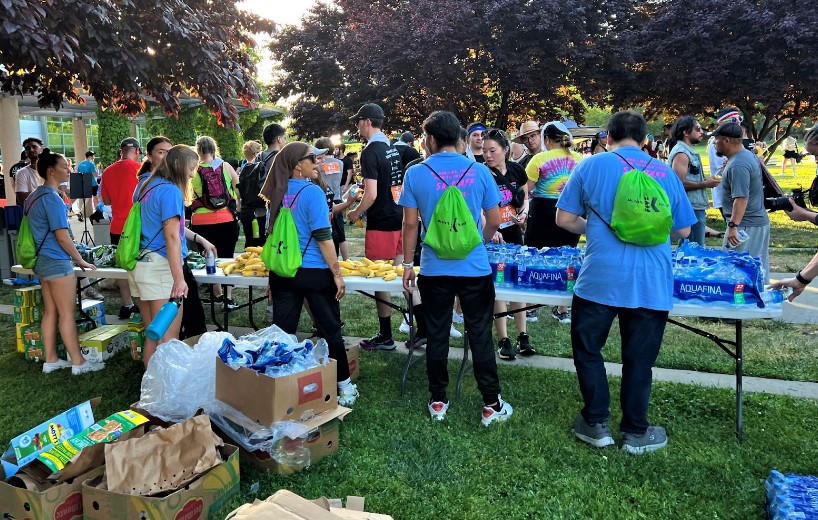Palestinian young people share their experiences from the ongoing conflict
The Israeli–Palestinian conflict, which began in the mid-20th century, is one of the world’s most enduring conflicts.
May 7, 2023
As the Israeli-Palenstinian conflict continues to unfold, the impact on innocent civilians, including children, cannot be ignored. SacStateInsider had the opportunity to speak with three Palestinian young people, Obeidullah and Muhammed Rahmani and their little brother Abubakr. The two older brothers are part of the Arab Student Association at Sacramento State. They shared their personal stories and shed light on how their lives have been severely impacted by the ongoing conflict in Palestine. Abubakr recently joined his brothers in the United States, and he also was willing to speak about how the current conflict has affected his personal life.
INSIDER: How has the ongoing conflict affected your daily life?

OBEIDULLAH: Living in Palestine means constantly living in fear. We never know when the next bombing or attack will happen. It’s affected our daily lives in many ways, from restrictions on movement to constant worry about our safety.
INSIDER: What are some challenges you face as a Palestinian young person amidst the conflict?

MUHAMMED: One of the biggest challenges we face is the lack of access to basic resources like clean water, electricity and healthcare. The constant destruction of infrastructure … has severely impacted our daily lives and well-being.
INSIDER: How has the conflict affected your mental and emotional well-being?
OBEIDULLAH: Living in a constant state of fear and uncertainty has taken a toll on our mental and emotional well-being. It’s hard to focus on anything else when you’re constantly worried about the safety of yourself and your loved ones.
INSIDER: How has the conflict affected your education and future prospects?
ABUBAKR: As a young child, I’ve experienced firsthand the destruction of schools and educational institutions due to the conflict. It has disrupted my education and limited my future prospects. It’s devastating to see my dreams being shattered.
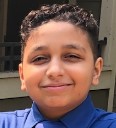
INSIDER: Have you or your family been directly impacted by the conflict?
MUHAMMED: Yes, unfortunately. Our family has experienced the loss of loved ones and the destruction of our home due to the conflict. It’s been a devastating experience for all of us.
INSIDER: How has the international community’s response to the conflict impacted you?
ABUBAKR: It’s disheartening to see the lack of action and support from the international community. It makes us feel like our lives and struggles don’t matter to the rest of the world.
INSIDER: How do you feel about the portrayal of the conflict in the media?
OBEIDULLAH: It’s frustrating to see the conflict being portrayed as a “two-sided” issue when it’s so much more complex than that. There’s a lot of misinformation being spread, and it’s important for people to seek out the truth and educate themselves on the realities of the situation.
INSIDER: What message would you like to share with the world about the conflict?
MUHAMMED: We want people to understand that this isn’t just a political or territorial issue. It’s about human lives and dignity. We want the world to recognize our struggle and stand with us in our fight for justice and freedom.


